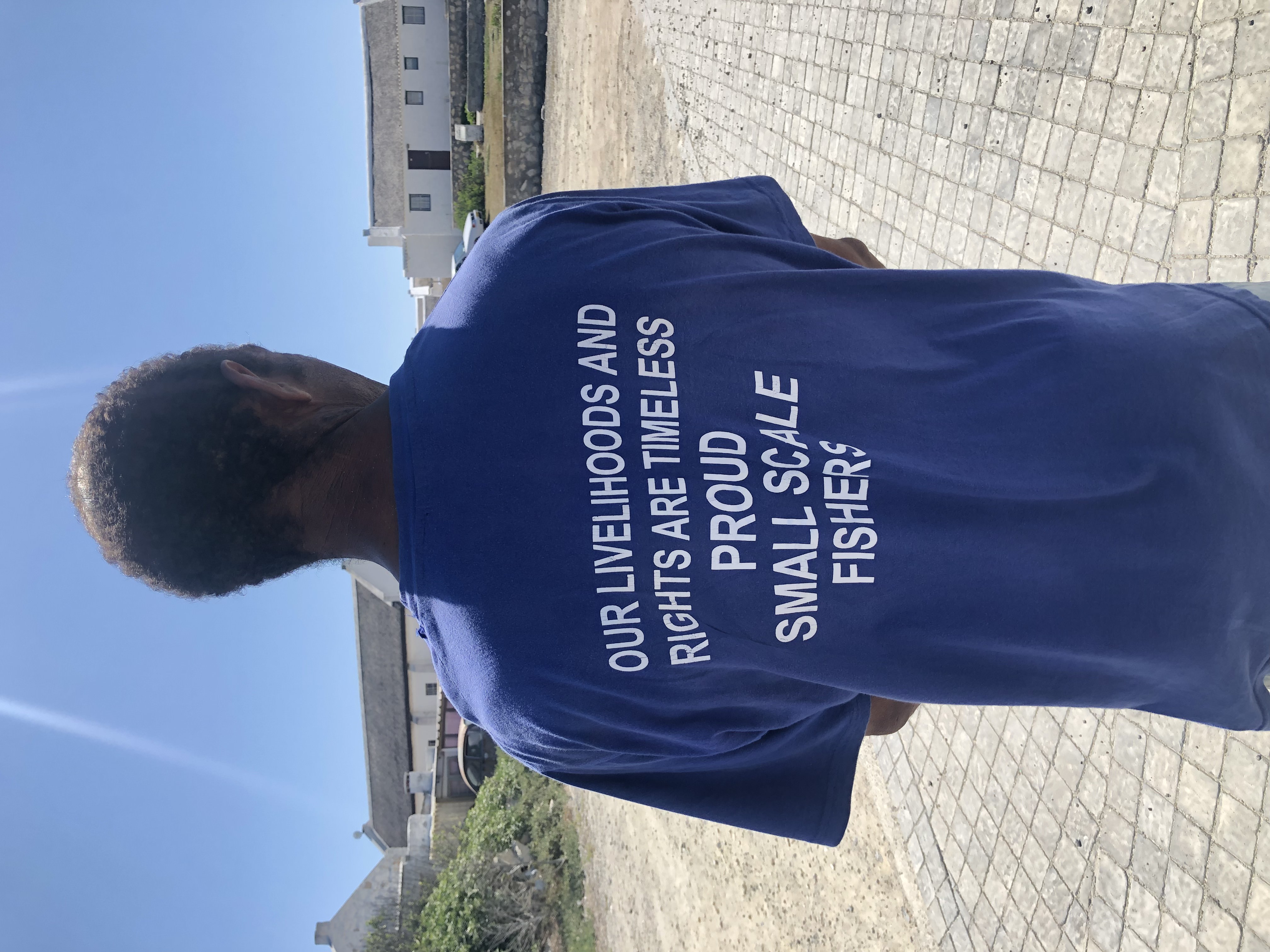
Letting the Data Speak and Interrogating Metaphors
We have begun the countdown to the next country again! Although I have ambitious plans for what I want to do for non-academic enjoyment, I am trying to mentally prime myself to be satisfied if I do not complete my lengthy list of places to visit and experiences to have. I want to nurture my well-being and I am committed to trying to live by my values even though it sometimes makes me feel like I am missing out on potential valuable memories. Living in the moment with consideration, not an obsession, for the past and present necessitates periods of discomfort for me. I have been getting my sleep back on track and feel better equipped to take on days of experiential learning, self-care, physical activity, reflexivity, socialization, and living. Our rural stay gave me an incredible amount of insight into how other people with varying life circumstances incorporate enjoyment and activism into their daily lives. We may not always have the conditions or resources that we want available to us, and we must make do with what we have at our disposal. My case study group and I started working on our research and had seemingly endless ideas to work with, even before we talked about them with our professor. With our professor’s help, we were able to come up with the next steps to collect more data. Previous to this program, I was not entirely familiar with letting the data I collected for a project speak to me and guide the direction of further research. My second time letting the data flow into new possibilities for a cohesive case study project gave us the idea of pursuing a study on access to healthful activities based on environmental factors. Our project will evolve before we present our findings this upcoming Friday and I am interested in seeing how it will change to accommodate what will transpire this weekend in terms of new observations and thoughts. Our last classes for some of our courses took place and each one helped me wrap up the subject by thinking about everything we covered so far with a new, more wholesome perspective. One of the classes we had on Thursday changed the way I chose my words when speaking afterward. We discussed how metaphors have been used and are still used to describe medical and social topics such as illness and success. The words we use to describe what we mean include specific shared connotations imbued with meaning that I want to be more conscious about. I used to say the phrase “I’m dead” in an obscenely excessive manner to indicate that a social situation was too funny or frivolous in my opinion. After someone pointed out my habit to me, I realized how it could have negative effects on others and myself. Without meaning to, I was effectively equating the serious act of being dead with being too amused or dismissive, all from a position of privilege where I do not frequently interact with death. Metaphors can increase empathy, understanding, and emotional expression as well as the risk of normalizing problematic and inaccurate associations. My vocabulary and how I use it in my daily language needs to be mindfully shaped to communicate what I need to with honesty and without compromising my morals in insidious ways. How I frame and use my words will adapt to fit the cultures I engage with.

